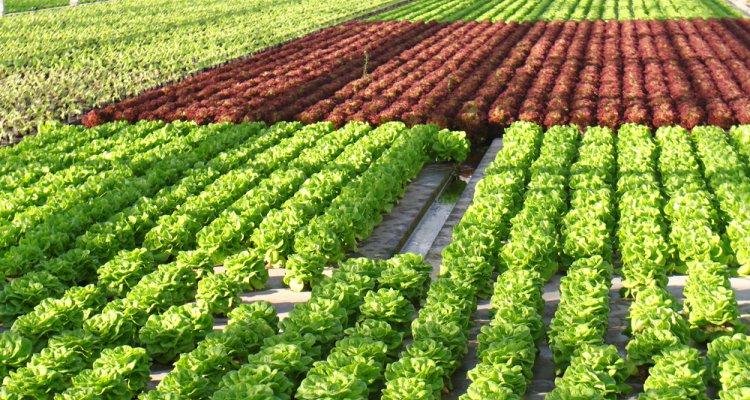
Project
H2020 BATModel (cofin)
To effectively address current global challenges decision support systems need to better address societal concerns with regard to employment, health and income distribution, alongside the focus on sustainability goals and standard economic indicators like GDP.
De ruimte om de Nederlandse voedselproductie gezonder en duurzamer te maken hangt sterk af van de impact op de concurrentiepositie van het Nederlandse agri-food complex. Kern output van BATMODEL is kwantitatief inzicht in zowel breder welvaartseffecten als hoe concurrentiekracht van verschillende sectoren wordt beïnvloed door traditioneel handelsbeleid (tarieven, subsidies, quota) en door nieuwe complexere vormen van (handels-)beleid (zoals CO2 compenserende tarieven van een Green Deal) die een breed scala aan doelen nastreven.
Publicaties
-
Increasing model transparency, quality and coherence by deploying tested modules
-
Healthier but wasteful? Changes in food loss and waste along global supply chains with healthier diets
-
Deliverable D7.2 Common guidelines for documentation and coding
-
3s3: Healthier but wasteful? Changes in food loss and waste along global supply chains with healthier diets
In: Circular@WUR 2022 - Wageningen University & Research - ISBN: 9789464471625 -
Deepening the Economic Contribution to Integrated Assessments Scenarios by Adding More Detailed Labour Projections as Drivers of Structural Change.
-
Broaden Welfare Implications of Trade Policy : Deliverable D1.1
-
Modelling the Impact of GHG Taxation on Inequality and Poverty - a Comparison of Econometric Damage Functions with Wage-based General Equilibrium Estimates
-
Can a Carbon Border Adjustment Mechanism (CBAM) reduce negative social and environmental international spillovers from EU food consumption?
-
Economic, social and environmental spillovers decrease the benefits of a global dietary shift
Nature Food (2023), Volume: 4, Issue: 6 - ISSN 2662-1355 - p. 496-507. -
Report on the results of the policy relevant test case : BATModel Deliverable 7.2